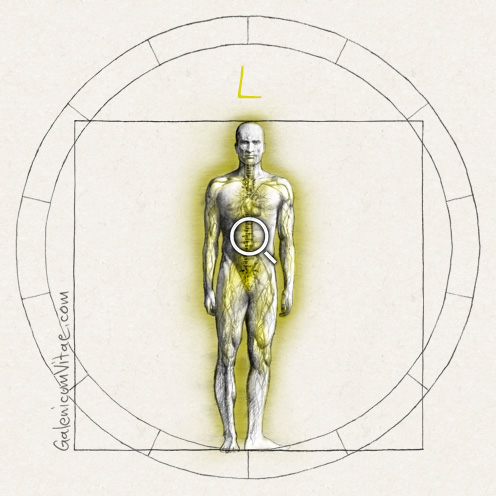Leukaemia is cancer of the bone marrow that affects the blood. It affects all three components of blood: white blood cells that fight infection, red blood cells that carry oxygen and platelets that stop bleeding.
In leukaemia large amounts of white blood cells called blasts are produced, which live longer than normal cells and move around. Over time, there are more and more blasts and fewer healthy cells, so that eventually the blood can not perform its function.
This causes problems such as infections, bleeding and anaemia.
The three components of blood are formed from so-called stem cells in bone marrow.
Each blood component has a special function:
- White blood cells help fight infections. There are several types of white blood cells.
- Red blood cells carry oxygen to tissues throughout the body.
- Platelets help form blood clots that control bleeding.
In a person with leukaemia, the bone marrow produces abnormal white blood cells (leukocytes). The abnormal cells are leukemic blasts. Because leukaemia cells live longer than healthy cells, abnormal cells increase and accumulate, as they do not leave room for healthy cells, blood begins to not function properly.
There are different types of leukaemia depending on how quickly the disease progresses and worsens. Leukaemia is either chronic (gets worse slowly) or acute (gets worse quickly).
For more information visit:
What is leukaemia?
https://leukaemialymphomaresearch.org.uk/patient-information/leukaemia

 Digestive
Digestive  Blood
Blood Cardiovascular
Cardiovascular Dermatology
Dermatology Genitourinary,
Genitourinary, Hormones
Hormones Infections
Infections Oncology and
Oncology and Musculo-skeletal
Musculo-skeletal Mental health and
Mental health and Parasites
Parasites Respiratory
Respiratory Senses
Senses Various
Various




